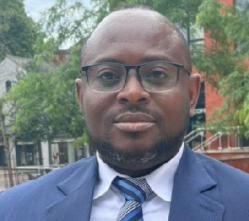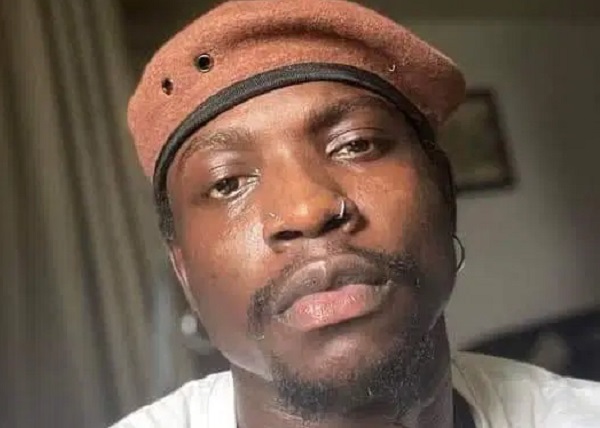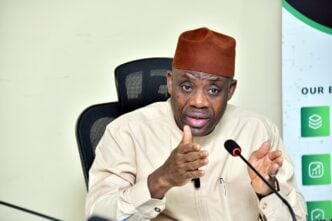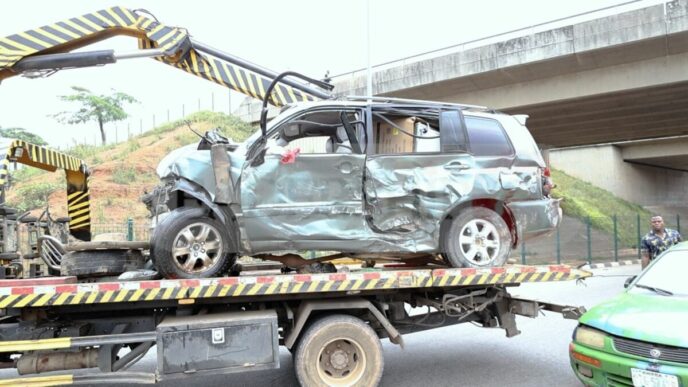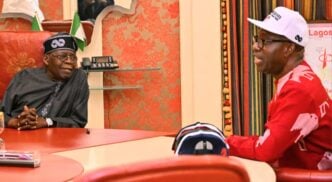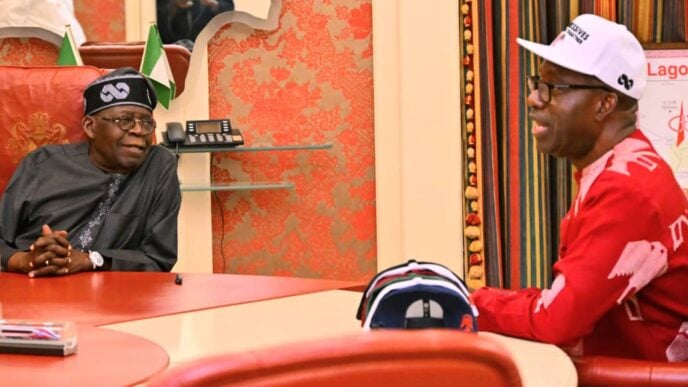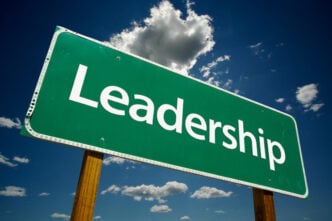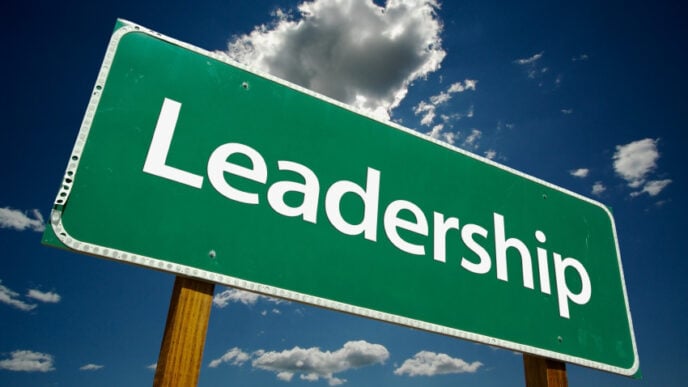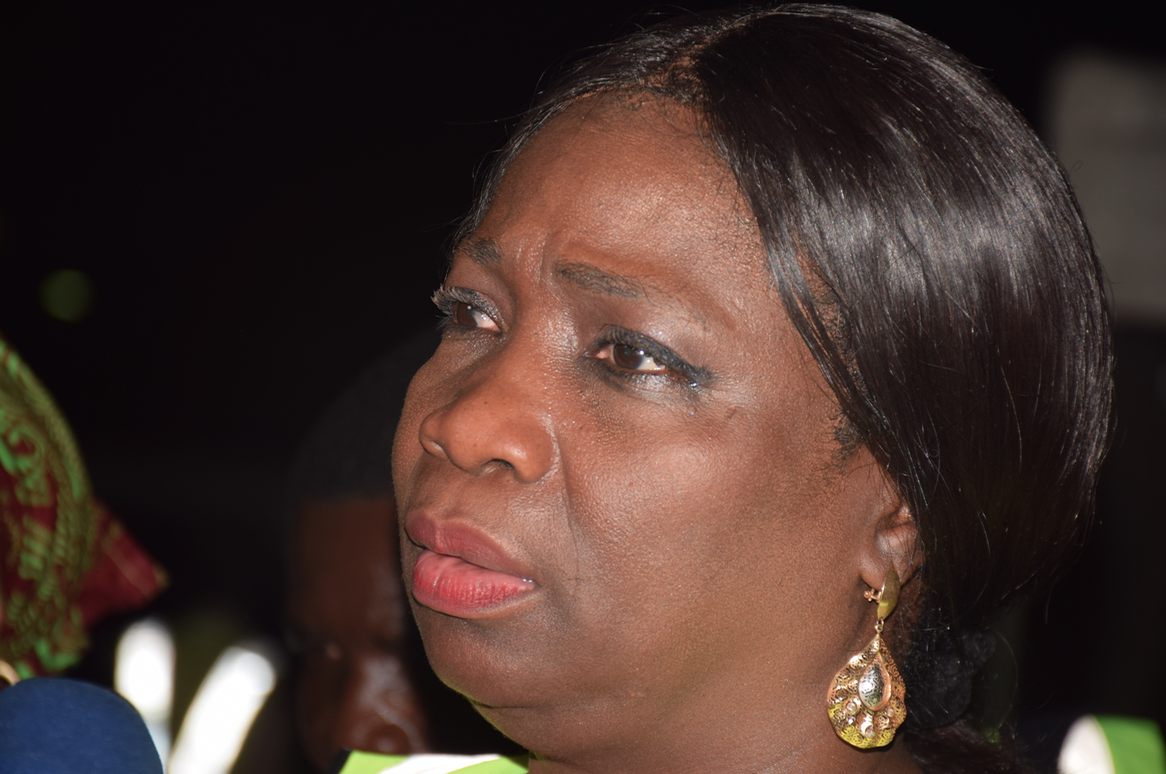VeryDarkMan
Human rights activism in Nigeria has often been associated with formal organisations, structured NGOs, and well-known figures who operate in the corridors of policy and international advocacy. Yet, in recent years, a new and unconventional voice has emerged from the unlikeliest of places—the social media space. That voice belongs to VeryDarkMan, the activist who has, for many, become the raw and unfiltered conscience of the oppressed.
In a country where money reigns supreme and the poor are ignored, one man has become the conscience of the voiceless.” In the absence of trust in institutions, VeryDarkMan has become a voice for the powerless, and many Nigerians now turn to him for the justice the state struggles to provide. How an unconventional activist is shaping conversations on justice and accountability in Nigeria needs to be examined.
Beyond drama and controversy, VeryDarkMan embodies the courage Nigeria desperately needs at this critical juncture of our national life. One may not agree with all of his methods or the sometimes provocative manner in which he communicates, but it is difficult to deny the substance of his work. He has become a one-man watchdog for the voiceless, particularly poor Nigerians who lack the financial resources or political connections to pursue justice.
Consider the case of Nancy Wilfred, the young girl from Imo state who was badly beaten, stripped naked and humiliated in Bayelsa by her so-called friends – a classical example of woman’s inhumanity to woman. I cringed while watching the video on VeryDarkMan’s page because, with the kind of beating she received, Nancy, who made a passionate appeal to VeryDarkMan seeking justice, could have died in the process, given the deluge of beatings she received. At a time when the story might have been swept under the rug with claims that the police granted bail to the suspects immediately after their arrests, it was VeryDarkMan’s consistent outcry and insistence on accountability that brought national attention to her ordeal. His intervention ensured that the matter could not be ignored and that the perpetrators were held to public scrutiny. I’m elated to see the video of the suspects, Kadi Bae, Becky, and Miracle, being paraded at the headquarters of the Bayelsa police command.
Advertisement
VeryDarkMan also won my heart in June when he visited Yelwata in Benue state, where hundreds of innocent villagers were killed and their homes burnt by killer herdsmen. By so doing, he demonstrated a courage that few would dare to exhibit. Yelwata has become a symbol of the insecurity and displacement ravaging parts of Nigeria. It is an area so volatile that even President Bola Tinubu, Nigeria’s Commander-in-Chief of Armed Forces, despite his formidable retinue of security, could not visit. Yet, VeryDarkMan walked into that community—not for photo ops, but to highlight the suffering of ordinary Nigerians who feel abandoned by their leaders.
His activism has also changed the way ordinary people seek justice. Many poor Nigerians now record videos of abuse, especially from police and other security agents, and tag him on social media, believing that once he amplifies their cries, justice will follow. I recently saw the video of a man who was being harassed by the police in Osun state. He was recording the policemen and telling them he would send it to VeryDarkMan. That level of trust in a private citizen—outside the courts, the police, and even government—speaks volumes about both his credibility and the failure of institutions. It is highly commendable that he has chosen to use his platform in defence of the powerless.
This approach stands in sharp contrast to what activism has become in Nigeria. Today, many so-called activists are little more than sycophants—individuals who frolic with politicians, sing their praises, and abandon the very people they claim to defend. Some have become “cash-tivists”, whose activism is driven not by conviction but by financial inducement. Others are mere “comrades”, activists in name only, performing solidarity for the cameras while cutting deals in the shadows.
Advertisement
This is why VeryDarkMan resonates so deeply with the masses. He represents a reminder of an era when activism in Nigeria was led by principled and selfless individuals—giants like Gani Fawehinmi, Fela Anikulapo-Kuti, Beko Ransome-Kuti, Chima Ubani, Bamidele Aturu, Balarabe Musa, Yinka Odumakin, Tai Solarin, Alao-Aka Basorun and others too numerous to mention. These were men who spoke truth to power, not because it was fashionable or profitable, but because it was necessary. They risked imprisonment, persecution, and even death to stand for justice and the downtrodden. Departed heroes of activism would, no doubt, be proud of the courage and influence that VeryDarkMan wields today on behalf of poor Nigerians.
Indeed, even the Nigerian Police and some government officials now tread carefully around him. His voice carries enough weight to make abusers of power pause. That he has become a source of accountability outside of government institutions is a telling reflection of how much faith Nigerians have lost in the system. Yet it also illustrates the positive influence he wields, particularly among the youth, many of whom now see activism not as an elite club but as something accessible, urgent, and necessary.
Nigeria is in a very sorry state. Hasty policies by the federal government have plunged millions into poverty while the rich ride roughshod over the poor. In such an environment, the need for true activism is greater than ever. Not the type of fake activism driven by clout-chasing and political patronage, but genuine activism that places the masses at its centre.
For all his flaws, VeryDarkMan has shown that activism is not about polish but about courage. He may not fit the traditional image of a human rights defender, but he is undeniably forcing the country to confront uncomfortable truths. And in a society where silence often equals complicity, perhaps what Nigeria needs is not a perfect activist but a fearless one.
Advertisement
Through his fearless commentaries and unapologetic activism, VeryDarkMan has amassed a loyal following of millions, many of whom identify as members of the Ratel Movement. This movement is not just a fan base; it represents a vibrant, restless demographic yearning for change. But influence without direction risks fading into noise. As Nigeria inches closer to the 2027 general elections, one truth is glaring: the youth hold the power to shape the country’s future, but only if they move beyond rhetoric and into action. The 2027 elections present an opportunity for VeryDarkMan to channel this energy into something transformational.
This is the moment for VeryDarkMan to lead his followers into real civic participation. The first step is simple but critical: get Permanent Voter Cards (PVCs). Without PVCs, activism ends on social media. With PVCs, it translates into real political change.
The Ratel Movement has shown passion. They have shown energy. What they need now is direction. Imagine if even half of them registered, collected their PVCs, and turned out to vote responsibly in 2027. That could tilt the balance of power.
Nigeria’s democracy is at a crossroads. Decades of failed leadership have left many young people frustrated and cynical. But refusing to engage only leaves space for the same recycled leaders to keep winning. This is why VeryDarkMan must take his advocacy further. His message should be clear: get your PVCs, show up on election day, and vote for leaders who put the people first. Beyond that, the Ratel Movement must hold those leaders accountable after the votes are counted.
Advertisement
If he seizes this moment, VeryDarkMan can transform his movement from an online pressure group into a genuine democratic force. That would be bigger than trends, bigger than callouts, and bigger than clout.
The truth is clear – we need more of VeryDarkMan in Nigeria today. Kudos to him for serving as a voice for the voiceless in Nigeria.
Advertisement
Akinsuyi, former group politics editor of the Daily Independent, writes from Ikeja, Lagos. He can be reached at [email protected]
Advertisement
Views expressed by contributors are strictly personal and not of TheCable.
